Serbia will sue Croatia for Storm crimes
Serbia will file a lawsuit against Croatia for ethnic cleansing and war crimes committed during the so-called Op Storm, FM Vuk Jeremić said late on Tuesday.
Tuesday, 18.11.2008.
20:25

Serbia will file a lawsuit against Croatia for ethnic cleansing and war crimes committed during the so-called Op Storm, FM Vuk Jeremic said late on Tuesday. "Croatia did not appropriately respond to the hand of reconciliation which Serbia repeatedly offered, with a desire to leave the past behind and turn to our common future in Europe. A lawsuit will now be filed against Croatia in order for the truth finally to be found out," the minister told the state television RTS. Serbia will sue Croatia for Storm crimes Jeremic said that Croatia had refused to face the fact that 250,000 ethnic Serbs had been ethnically cleansed from the territory of Croatia in 1995. "We will do all in our power to have our case appropriately presented to the court. We will review all developments in the 20th century, World War II and Independent State of Croatia. We will turn to history to find out the truth for the sake of our common future," the foreign minister stressed. Speaking about the two states' future relations, Jeremic said that Serbia wants the best relations with her neighbors, but that the truth about the crimes committed during Operation Storm must be revealed. "Our common future is the European future. We will turn to history to determine the truth for the sake of our common future," Jeremic said. He explained that the lawsuit will be filed wit the International Court of Justice (ICJ), which today ruled itself competent to take on Croatia's genocide suit against Serbia. Belgrade mulls "counter-suit" Earlier, Serbia's legal representative to the ICJ Tibor Varadi said that Belgrade could sue Croatia for the genocide committed against the Serbs in the last war. The counter-lawsuit must refer to genocide, which is the subject matter of Croatia's legal action against Serbia, since the ICJ is competent to process only for the gravest crimes, Varadi said in a statement to Tanjug. He added that unless the two sides reach an out-of-court settlement, a public debate on the merit of the dispute would follow and the court would then most likely give Serbia a one-year deadline to prepare its defense and possible counter-suit, and the entire procedure might last for at least three years. Varadi said that all objections of the Serbian team had not been rejected, since the court believed that they belonged to the merit of the dispute, rather than the preliminary decision on competence. He said that it was good that the key issue was whether Serbia could be held liable for crimes committed during the armed conflicts before April 27, 1992, when the FR Yugoslavia (SRJ) was still not established as a state. Varadi said that the Serbian legal team had prepared for defense for the past eight years and that it had worked on the counter-suit in parallel. According to this expert, "it would have been good if the court had decided that it was not competent, because it would be politically good and healthy to stop with confrontations and continue determining individual responsibility for crimes committed on all sides". Varadi recalled that Serbia had repeatedly made it very clear that it was ready for an out-of-court settlement, but that Croatia had ignored it and added that it was now Croatia's turn to react. Varadi also revealed that he will no longer head the Serbian legal team, because it was agreed previously that he should deal only with the procedural part of the dispute. Also in Belgrade on Tuesday, Justice Snezana Malovic commented on the news out of The Hague by saying that "Serbia's arguments will be accepted and that the final ruling will be in Serbia's favor". She told reporters that that the possibility of a settlement or Serbia's counter-lawsuit will be considered but that a decision on this will be made at a later date. Malovic called on political structures of the two countries to reconcile, "because that is one of the main conditions for the European integration of the countries in the region", Tanjug reported.
Serbia will sue Croatia for Storm crimes
Jeremić said that Croatia had refused to face the fact that 250,000 ethnic Serbs had been ethnically cleansed from the territory of Croatia in 1995."We will do all in our power to have our case appropriately presented to the court. We will review all developments in the 20th century, World War II and Independent State of Croatia. We will turn to history to find out the truth for the sake of our common future," the foreign minister stressed.
Speaking about the two states' future relations, Jeremić said that Serbia wants the best relations with her neighbors, but that the truth about the crimes committed during Operation Storm must be revealed.
"Our common future is the European future. We will turn to history to determine the truth for the sake of our common future," Jeremić said.
He explained that the lawsuit will be filed wit the International Court of Justice (ICJ), which today ruled itself competent to take on Croatia's genocide suit against Serbia.
Belgrade mulls "counter-suit"
Earlier, Serbia's legal representative to the ICJ Tibor Varadi said that Belgrade could sue Croatia for the genocide committed against the Serbs in the last war.The counter-lawsuit must refer to genocide, which is the subject matter of Croatia's legal action against Serbia, since the ICJ is competent to process only for the gravest crimes, Varadi said in a statement to Tanjug.
He added that unless the two sides reach an out-of-court settlement, a public debate on the merit of the dispute would follow and the court would then most likely give Serbia a one-year deadline to prepare its defense and possible counter-suit, and the entire procedure might last for at least three years.
Varadi said that all objections of the Serbian team had not been rejected, since the court believed that they belonged to the merit of the dispute, rather than the preliminary decision on competence.
He said that it was good that the key issue was whether Serbia could be held liable for crimes committed during the armed conflicts before April 27, 1992, when the FR Yugoslavia (SRJ) was still not established as a state.
Varadi said that the Serbian legal team had prepared for defense for the past eight years and that it had worked on the counter-suit in parallel.
According to this expert, "it would have been good if the court had decided that it was not competent, because it would be politically good and healthy to stop with confrontations and continue determining individual responsibility for crimes committed on all sides".
Varadi recalled that Serbia had repeatedly made it very clear that it was ready for an out-of-court settlement, but that Croatia had ignored it and added that it was now Croatia's turn to react.
Varadi also revealed that he will no longer head the Serbian legal team, because it was agreed previously that he should deal only with the procedural part of the dispute.
Also in Belgrade on Tuesday, Justice Snežana Malović commented on the news out of The Hague by saying that "Serbia's arguments will be accepted and that the final ruling will be in Serbia's favor".
She told reporters that that the possibility of a settlement or Serbia's counter-lawsuit will be considered but that a decision on this will be made at a later date.
Malović called on political structures of the two countries to reconcile, "because that is one of the main conditions for the European integration of the countries in the region", Tanjug reported.










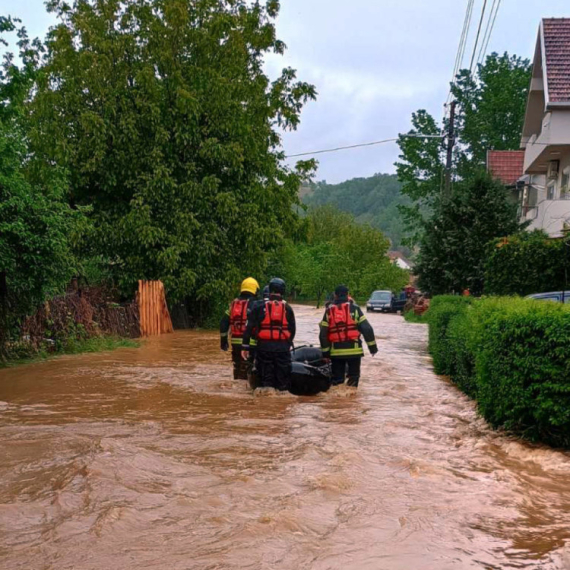

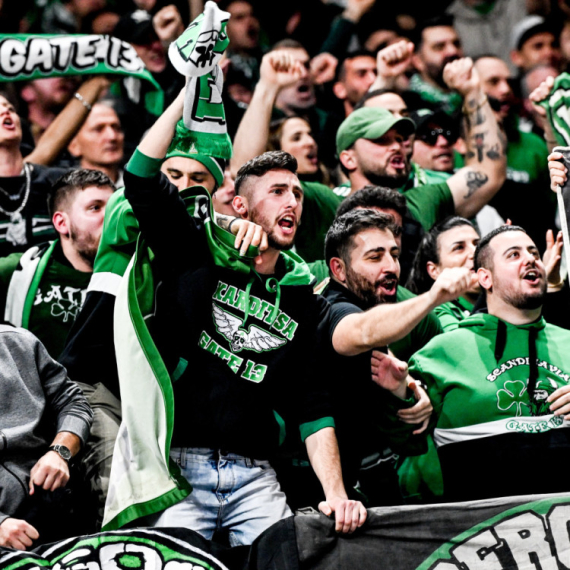
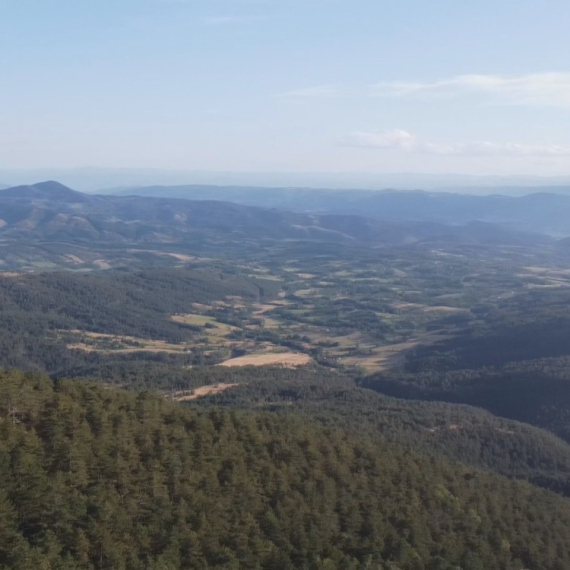
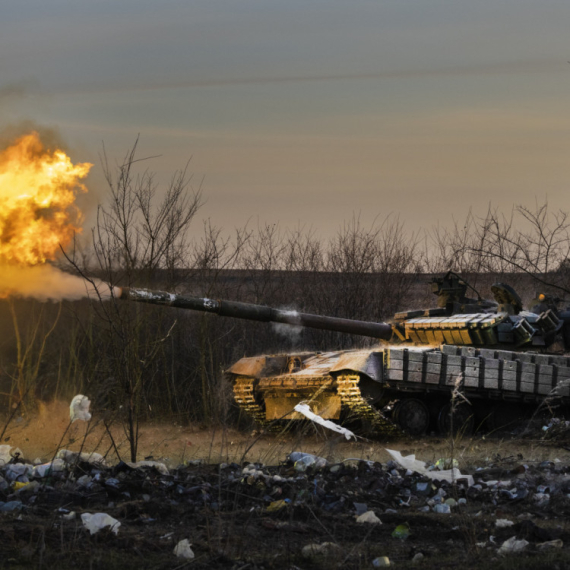


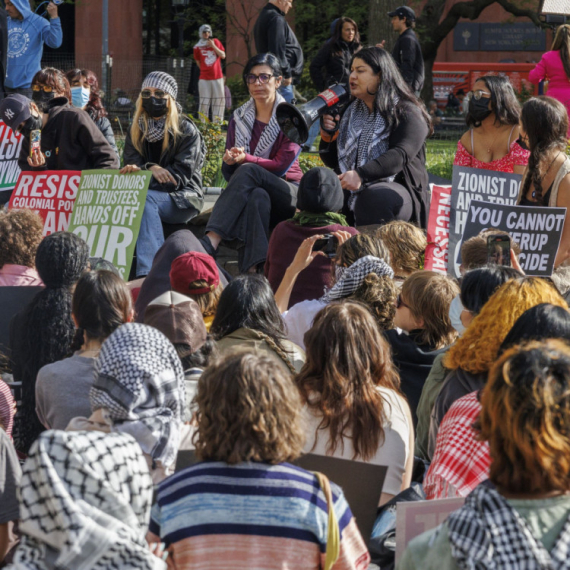
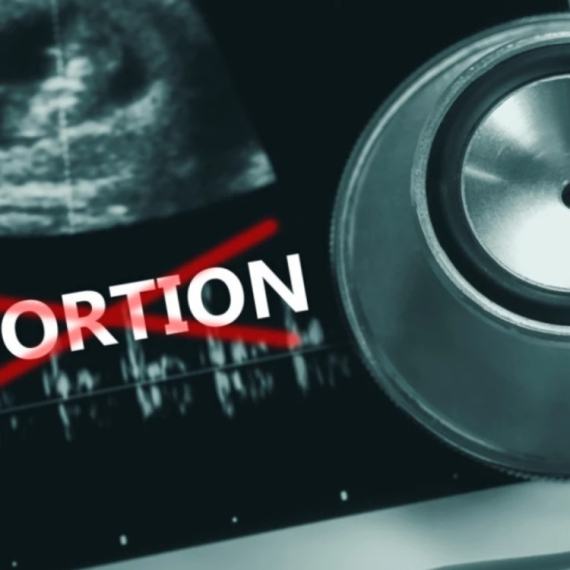
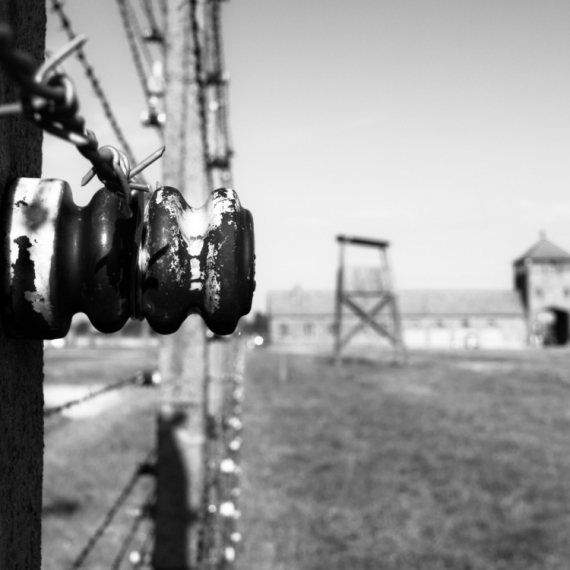

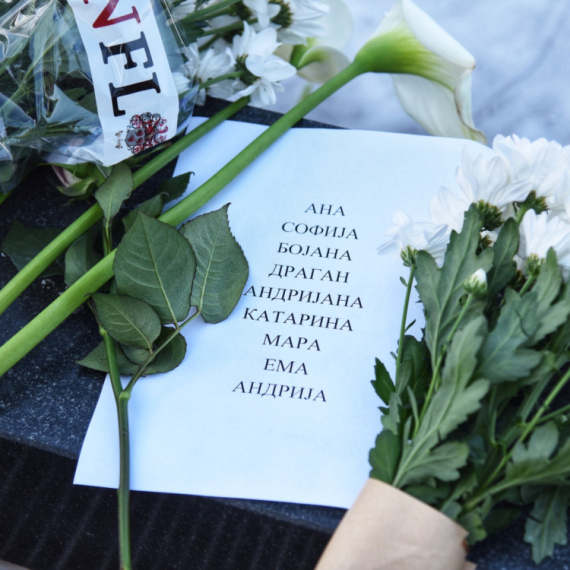






















Komentari 42
Pogledaj komentare